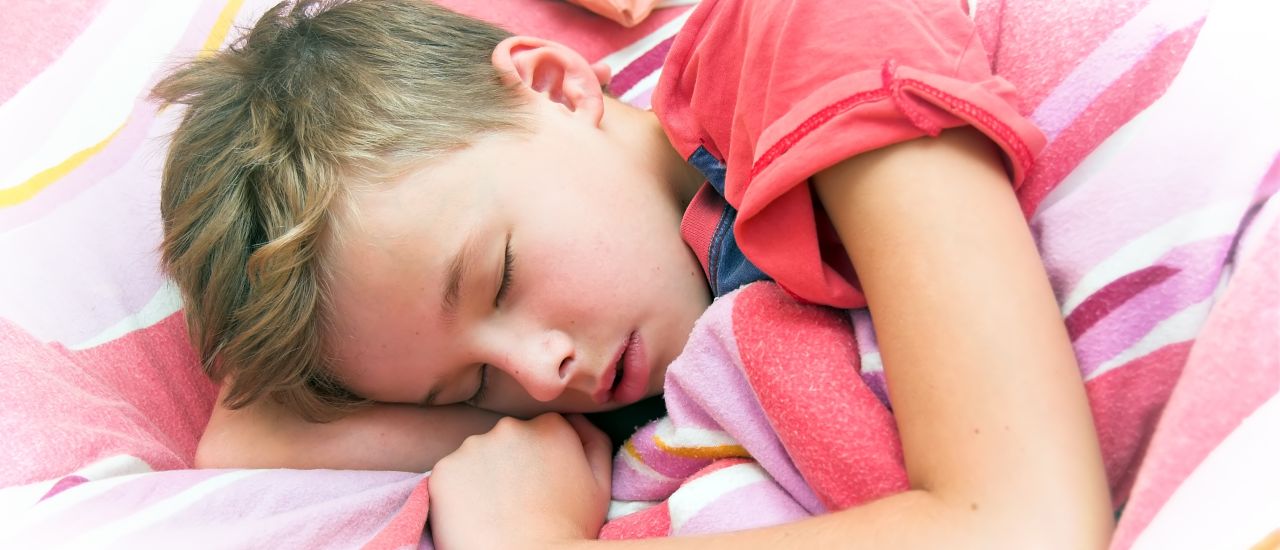While bedwetting can be a worry and frustrating for parents, it’s common for small children to accidentally wet the bed during the night. Most of the time, the condition resolves itself, and medical treatments aren’t usually recommended for children under the age of five. While there are some medical conditions that can cause a child to wet the bed, most experts believe that there may be more than one underlying cause.
Bladder issues
The size of the bladder is much smaller in younger children and it cannot store as much urine, only reaching full adult size at around 12 years of age. Due to the smaller size of their bladder, little ones are more likely to need to pass urine during the night; particularly if their urine production is higher than it should be. Some children have what’s known as overactive bladder syndrome – this is where the muscles that control the bladder go into spasm, leading to the involuntary passing of urine.
Nerve signals
Once the amount of urine in the bladder reaches a certain amount, the bladder should send nerve signals to the brain. These signals convey the feeling of needing to go to the toilet, which causes most people to wake up, but some younger children are very deep sleepers, and their brain doesn’t respond to the signals being sent from their bladder. In other children the nerves attached to the bladder may not yet be fully developed, so they don’t generate a strong enough signal to send to the brain.
Urine production
The more fluid children drink, the more urine their kidneys produce, and drinking a lot of fluid during the evening could result in them wetting the bed during the night, particularly if they have a small bladder capacity. Drinks that contain caffeine, such as certain teas or colas, can also stimulate an increase in the production of urine.
Urine production is regulated by a hormone called vasopressin. In some cases of bedwetting, it may be that the child’s body doesn’t produce enough vasopressin, which means that their kidneys produce too much urine for their bladder to cope with. Sometimes, a child may wake up during the night with a full bladder but not go to the toilet. This may be due to childhood fears, such as being scared of the dark.
Emotional causes
In some cases, bedwetting can be a sign that your child is worried or upset and feeling stress. Being bullied, going through a family trauma, starting a new school or the arrival of a new baby in the family can all be very stressful for a young child. If your child starts wetting the bed after being dry for six months or more, emotional factors such as anxiety and stress may be responsible.
Underlying health conditions
There are some underlying health conditions that can cause bedwetting and other symptoms:
- Constipation – if a child’s bowels become blocked with hard stools, it can put pressure on the bladder and lead to bedwetting.
- Type 1 diabetes – symptoms include producing an excessive amount of urine, feeling thirsty all the time and tiredness.
- Urinary tract infections (UTIs) – a UTI is an infection of the urinary tract which consists of the urethra, the bladder, the kidneys and the ureters (the tubes that connect the kidneys to the bladder).
- Abnormalities with the urinary tract – such as bladder stones
Bedwetting can also be caused by damage to the nerves that control the bladder, and this could be due to an accident or a condition such as spina bifida. This type of nerve damage is known as neurogenic bladder.
Sources: NHS, NLM, Mayo Clinic

